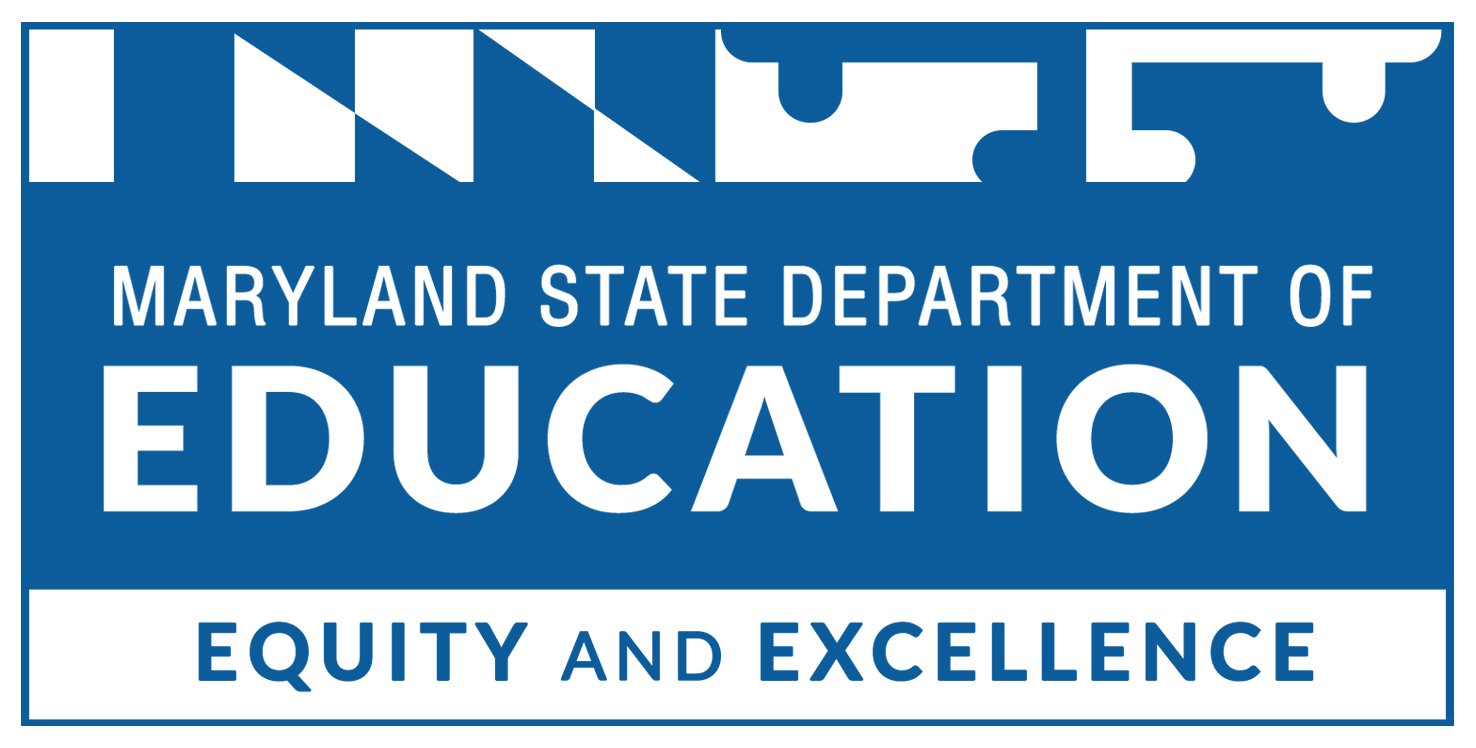Learn How To Become Credentialed
 In the realm of child care, where the nurturing of young minds is both an art and a science, the importance of well-qualified and dedicated caregivers cannot be overstated. Recognizing this, the state of Maryland has taken a proactive step with the Maryland Child Care Credential Program, a voluntary initiative that goes beyond the basic requirements of state licensing and registration regulations. This program seeks to acknowledge and celebrate the tireless efforts of child care providers who commit themselves to continuous professional #development and excellence in their field.
In the realm of child care, where the nurturing of young minds is both an art and a science, the importance of well-qualified and dedicated caregivers cannot be overstated. Recognizing this, the state of Maryland has taken a proactive step with the Maryland Child Care Credential Program, a voluntary initiative that goes beyond the basic requirements of state licensing and registration regulations. This program seeks to acknowledge and celebrate the tireless efforts of child care providers who commit themselves to continuous professional #development and excellence in their field.
The Maryland Child Care Credential Program operates on a tiered system, with six staff credential levels and four administrator levels. Each level is designed to recognize and reward child care providers based on a combination of professional development, education, years of experience, and #engagement in professional activities. This comprehensive approach ensures that the credentials awarded are a true reflection of the individual's commitment to enhancing their skills and knowledge in the field of child care.
Participation in the program is voluntary, yet strongly encouraged for registered family child care providers and child care center staff. The beauty of this initiative lies in its inclusivity, encompassing all eligible child care professionals, whether they operate within a family child care setting or a licensed child care center.
One of the key components of the program is the Core of Knowledge, a foundation of theories and practices considered essential for individuals working with children in child care programs. Core of Knowledge is divided into six domains:
- Child Development
- Health, Safety, and Nutrition
- Special Needs
- Curriculum
- Professionalism
- Community
This ensures a holistic approach to child care that encompasses various aspects of a child's #growth-and well-being.
To meet the Core of Knowledge requirements, child care providers can engage in training provided by approved trainers, training organizations, or accredited colleges and universities. The flexibility of the program allows providers to choose training that spans all age groups or focuses on a specific age group, be it infants/ #toddlers, #preschoolers, or school-age children.
The Maryland Child Care Credential Program extends beyond education and training to include requirements for participation in activities contributing to professional growth and career development within the child care profession. Professional Activity Units (PAUs), earned through engaging in endeavors that enhance the quality of child care and advance the profession, further emphasize the holistic approach to recognizing and rewarding excellence in child care.
Credential issuance is valid for a 12-month period, with the option for renewal if providers continue working in a registered or licensed child care program. Renewal necessitates the completion of continued training specific to the applicable credential level and active participation in professional activities related to the child care profession. This not only ensures the continuous development of child care providers but also reinforces their commitment to the field.
Upon successful completion of the requirements, staff will be awarded a one-time only achievement bonus for credential levels two through four and administrator level one. Bonuses are awarded annually at staff levels four plus, five and six and administrator credential levels two, three and four.
To apply for a credential, child care providers can submit their applications directly to Child Care Central.
- PO Box 598. Baltimore, Maryland 21203
- MCCCredential@conduent.com
- fax 410-229-0145
- phone 877-355-1229
The Maryland Child Care Credential Program stands as a beacon for the child care profession, encouraging providers to reach new heights in their knowledge, skills, and dedication. In a world where the early years of a child's life lay the foundation for their future, this program not only recognizes the importance of quality child care but also empowers those who provide it to continually strive for excellence. As caregivers rise through the credential levels, the real beneficiaries are the children whose lives are touched by the commitment and expertise of these dedicated professionals.
- 45 hour Growth and Development Birth-age 12 ONLINE
- Pediatric RSV First Aid & CPR/AED
- 45 Hour Child Growth and Development
- Positive Attention: Interactions & Supervision for Infants & Toddlers
- Building Early Science Foundations
- Texas Primary Caregiver Qualification
- 45 Hour School Age Methods and Materials
- Power of Art: Bldg Self-Esteem & Positive Behavior for ALL Abilities ONLINE
- Spicing Up the Classroom: Learning Centers
- Learn How To Become Credentialed
- How to Become a Preschool Teacher in Florida
- Child Development Associate Certification
- Why Child Care Programs Should Aim for Georgia Quality Rated Status
- How to Start a Daycare with Little Money
- Kickstart career growth with a CDA Certification!
- Is 2025 Redefining the Childcare Standards?
- From Classroom to Corner Office: Your Guide to Becoming a Child Care Director in Colorado
- Most Searched Questions about CDA Certification
- 🍑Kickstart Your Child Care Career in Georgia: Which Track is Right for You?🍑
- What’s Happening Now in Florida’s Child Care Sector